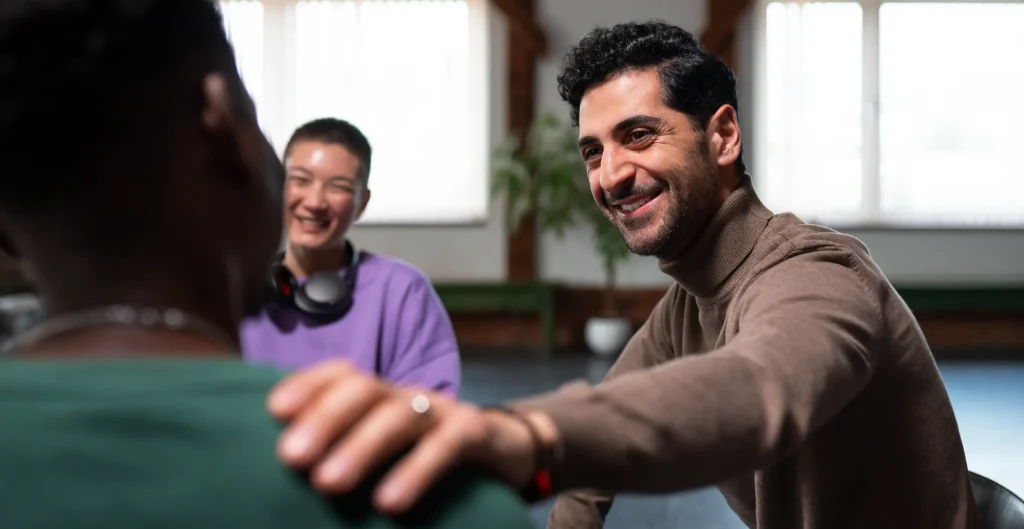Adderall is a prescription medication for ADHD. It’s commonly used by students to increase focus when studying and by young adults and teens to get high. It’s one of the most commonly misused prescription drugs in the US and can lead to dependency and addiction. Read on to learn more about this drug and withdrawal from it.
What is Adderall? What Is it Used For?
Adderall is declared a Schedule II controlled substance by the Drug Enforcement Administration (DEA) because of its high potential to be abused. It’s prescribed by doctors for Attention Deficit Hyperactivity Disorder (ADHD) and for Narcolepsy, a condition that makes you drowsy or fall asleep. Containing amphetamine and dextroamphetamine, it stimulates the Central Nervous System (CNS) to produce the neurotransmitter dopamine.
Can You Get Addicted to Adderall?
As the brain gets used to Adderall, it can change your brain chemistry. Those who misuse Adderall get used to the higher dopamine levels. This leads to dependency and addiction.
What Does “Cold Turkey” Mean?
Cold Turkey refers to stopping a drug without gradually tapering down the dose. It brings on withdrawal symptoms quickly and can be very difficult to successfully do. As a result, relapse is common.
What Happens When You Stop Adderall Cold Turkey?
When you stop Adderall cold turkey, your brain is flushed with dopamine stimulated by the drug’s presence. Then once you stop suddenly there is a sudden drop in dopamine levels and most people experience an Adderall “crash”.
Adderall Withdrawal
Symptoms of withdrawal occur as the body adjusts to the absence of Adderall. These can vary in intensity and length depending on the duration you used the drug and the dose. They may begin a day or two after stopping the drug and continue for several weeks. Symptoms of Adderall withdrawal vary from person to person but may include:
-
- Irritability or changes in mood
-
- Depression
-
- Difficulty sleeping or insomnia
-
- Fatigue and lack of energy
-
- Nausea and stomach discomfort
-
- Vomiting
-
- Changes in appetite
Withdrawal often occurs in three phases:
-
- Crash: You may feel intense anxiety, agitation, and depression during the first few days
-
- Intermediate withdrawal: You feel exhausted physically and emotionally. You likely won’t be able to go to work or school. You lose interest in people and things previously enjoyed.
-
- Extended withdrawal: Your cravings for Adderall are intense. You may want to take Adderall after even a brief exposure to a drug trigger.
While these symptoms aren’t life-threatening, they may be intense. You will have difficulty ignoring them. Your withdrawal continues for as long as you feel these cravings and the discomfort they bring.
Dangers of Cold Turkey
It’s not safe to stop Adderall cold turkey. There are two main dangers:
-
- Risk of relapse: Cold turkey withdrawal from Adderall can be so unpleasant and the cravings so intense that it leads to relapse.
-
- Risk of overdose: If you develop tolerance to a certain level of the drug and then stop abruptly, and resume at that dose, you risk having an overdose. Since your body was adapting to the absence of the drug, the previous dose levels may be a shock to your brain and body.
How to Safely Recover from Adderall Addiction
While many may be able to detox at home, the safest way to withdraw is with medically supervised detox. At home there are no supportive therapeutic resources to look at the underlying factors which led to your addiction. As well, you may experience suicidal thoughts or behaviors with no qualified therapists to help you through.
You can do medically supervised detox on an outpatient basis if the addiction is mild, or in an inpatient residential detox and treatment center.
Seeking Adderall Treatment in California
Located in Anaheim, California, Restorations Health Care can help you or a loved one overcome their Adderall addiction issues. Our mission is all about saving lives. We offer detox and inpatient treatment programs that help people get back on their feet. Our dedicated team of trained addiction professionals and counselors provides individualized addiction treatment programs for recovery. Reach out to our Admissions team now.








